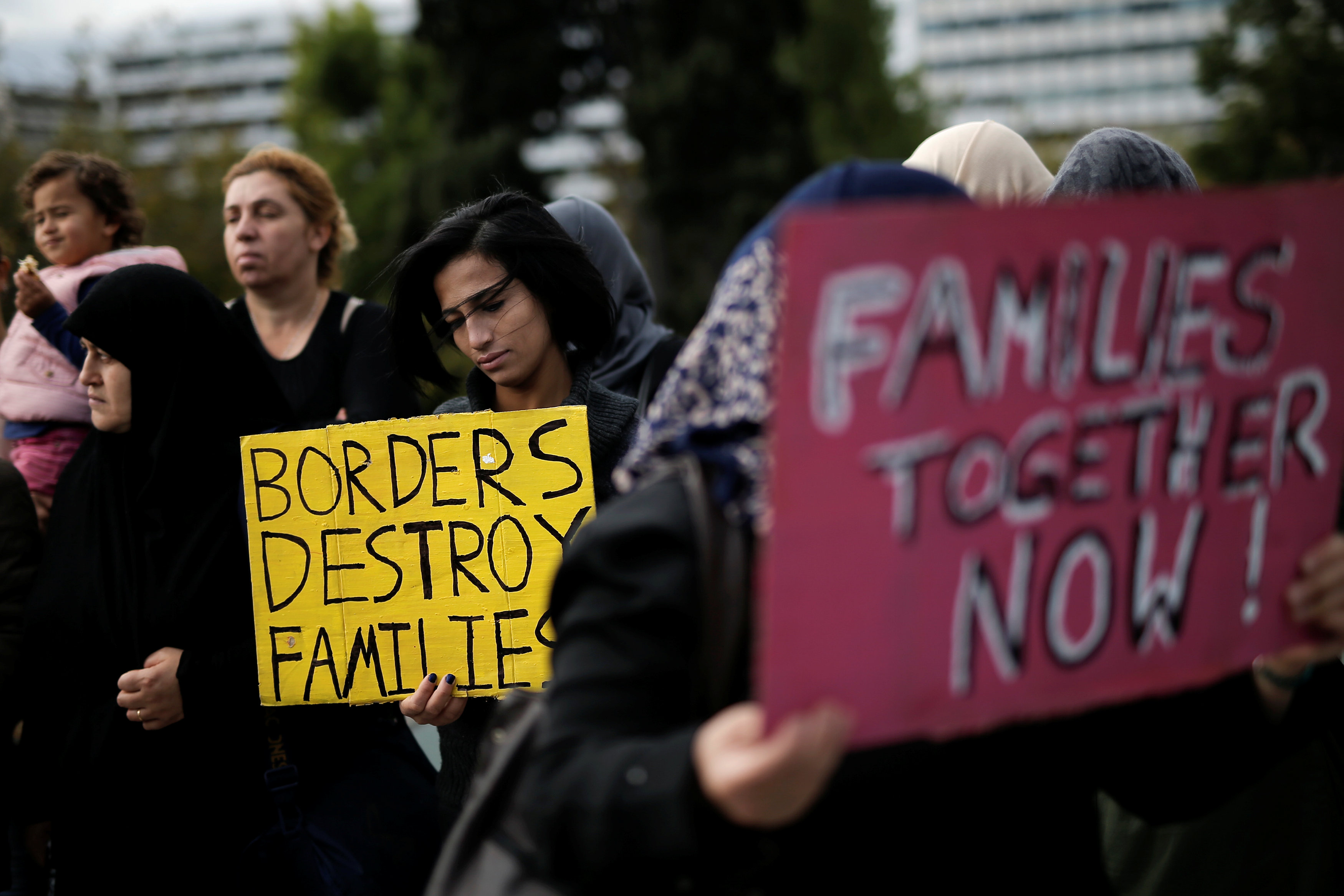
ANKARA (Reuters) – A U.S. court case against a wealthy Turkish gold trader is a “clear plot against Turkey” that lacks any legal basis, Ankara’s government spokesman said on Monday, ratcheting up rhetoric ahead of a trial that has strained diplomatic relations.
Bekir Bozdag also told a news conference that the U.S. case was aimed at harming economic relations between Turkey, Iran and Russia. He said U.S. authorities were putting pressure on defendants, including the gold trader Reza Zarrab, to make accusations against Turkey.
“The Zarrab case is a clear plot against Turkey, a political case and lacking any legal basis,” Bozdag told a news conference following a cabinet meeting.
“The Zarrab case aims to damage Turkey’s ties with Iran, Russia and other countries. Those who are carrying out the Zarrab case through defendants are very clearly using pressure… They are forcing them to (make) accusations that are against Turkey.”
Zarrab, together with alleged co-conspirators, has been charged with handling hundreds of millions of dollars for Iran’s government and Iranian entities from 2010 to 2015, in a scheme to avoid U.S. sanctions on Iran. He has pleaded not guilty and is due to go on trial in New York on Nov. 27.
Ankara says the case is based on fabricated documents. Turkish authorities opened an investigation into the U.S. prosecutors who brought charges against Zarrab, state media said on Saturday, citing the allegations that it was based on fabricated documents.
Under a previous Turkish investigation that became public in 2013, Turkish prosecutors accused Zarrab and high-ranking Turkish officials of involvement in facilitating Iranian money transfers via gold smuggling, leaked documents at the time showed.
President Tayyip Erdogan, then prime minister, cast that investigation as a coup attempt orchestrated by his political enemies. Several Turkish prosecutors were removed from the case, police investigators were reassigned, and the investigation was later dropped.
Erdogan, who has not been accused of any wrongdoing, has said U.S. prosecutors have shown “ulterior motives” by including references to him and his wife in court papers relating to the trial in New York.
(Reporting by Orhan Coskun, Ezgi Erkoyun and Tuvan Gumrukcu; Writing by David Dolan; Editing by Dominic Evans)









